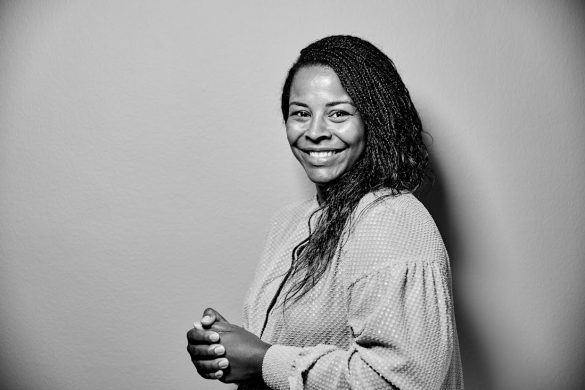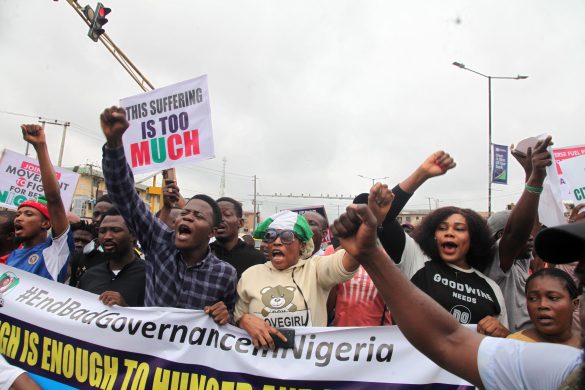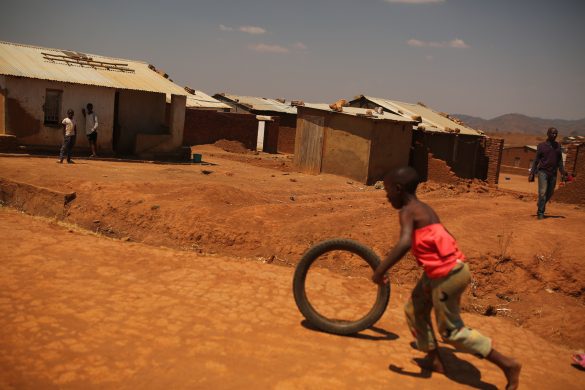Children with disabilities living in Malawi and Uganda are particularly at risk of experiencing high levels of violence, according to a new report by the London School of Hygiene & Tropical Medicine.
The Protect Us! Study, commissioned by Plan International, found that 84% of children with disabilities reported having experienced some form of violence at school in the previous week.
Led by Dr Karen Devries and Dr Hannah Kuper, the team conducted qualitative research in Uganda and Malawi. The team also analysed data from the 2015 Good Schools Study, by Dr Devries and Dipak Naker at the Ugandan NGO Raising Voices, to see whether a school-based intervention to reduce violence was also effective for children with disabilities.
The research highlighted the often more challenging situation faced by girls with disabilities, who were more likely to report emotional and sexual violence than girls without disabilities. The study showed that 4% of girls with disabilities surveyed reported sexual violence by school staff in the past week compared with 0.8% of girls without disabilities.
Har sværere ved at finde hjælp
The study found that children with disabilities find it more difficult to access support services when they experience violence. They lack information about where to go, find it physically tough to get there, are not be able to communicate with child protection staff or volunteers, or fear they will not be taken seriously.
A mother of a 14-year-old boy, who has an intellectual impairment, said: “People beat him up. Sometimes he comes back home crying and with bruises on his face, his body swollen from the beatings. He goes straight to bed and cries himself to sleep… If he was able to speak, he would be able to point out who does those things to him.”
Dr Devries, Senior Lecturer in Social Epidemiology at the School, said: “The findings highlight the high levels of violence experienced by all children, and show that children with disabilities are at even higher risk.
Indsats i skoler bærer frugt
“Coupled with this higher risk, these children and their families experienced a number of barriers to accessing help in their communities. We are not without hope however—our analysis also shows that a school based programme, the Good School Toolkit by Raising Voices in Uganda, can reduce violence against children with disabilities in school.
“More research is urgently needed to explore what other programmes might be effective, particularly for children with disabilities who do not attend school.”
Plan International is calling on governments to ensure child protection services are accessible to all children with disabilities. In addition, civil society organisations must develop targeted programmes to prevent and respond to violence against children with disabilities, as well as ensure concrete steps are taken to make sure mainstream child protection programmes are accessible and inclusive.
Nemme ofre
Aiden Leavy, Plan International’s Inclusion Specialist, said: “Children with disabilities are perceived to be worth less than other children, and are viewed as ‘easy targets’. They may not be able to run away, call for help or tell someone about what has happened to them, leaving them more vulnerable to violence and abuse.
“Children with disabilities deserve to be heard and it is crucial to continue to listen to children with different types of impairments to learn more about the violence they experience and how it can best be prevented. We have an opportunity and an obligation to address and respond to violence against children with disabilities.”
Læs mere om – og download – rapporten Protect Us!















